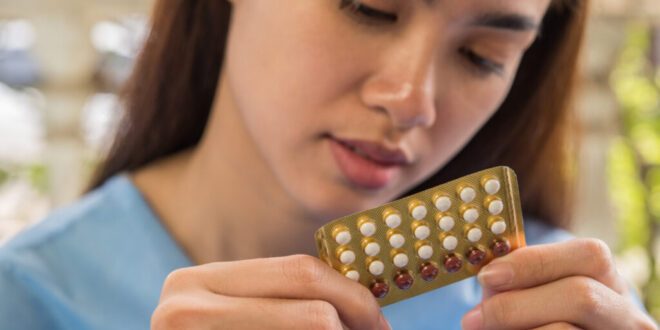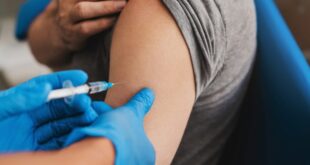New research sheds new light on potential mental health long-term consequences of taking the contraceptive pill as a teenager. According to several large-scale studies, girls who start taking oral contraceptives prior to the age of 18, may be at a higher risk for depression later in life. Published in 2019: A study on the impact of 2019. The Journal of Child Psychology and Psychiatry The study found that women who first started hormonal contraception during their teenage years are significantly more likely than others to suffer from major depression disorder as adults.
Researchers found that adolescents who used drugs had a higher rate of addiction. odds ratios (ORs) of up to 1.7, meaning they were 70% more likely to report depressive symptoms years later—even after discontinuing the pill. These results were independent of education, family background and mental health history.
A study from 2022 in the Journal of Affective DisordersThe study followed over 5,000 women for six years. The study found that taking pills early, particularly during critical brain-developmental periods like puberty may disrupt hormone systems involved in mood regulation.
The proposed explanation is that synthetic hormones present in contraceptives affect the developing brain in adolescents. The brain’s emotional control systems, such as the limbic system, are also changing rapidly during puberty. hypothalamic-pituitary-adrenal (HPA) axisThe. are still maturing. This process could be disrupted by external hormones, resulting in lasting changes to stress response and emotional resilience.
While some women tolerate hormonal contraceptives well, others may be more sensitive to mood-related side effects—particularly during adolescence. Not all studies are in agreement. Some studies found no significant link between the pill or depression in women, particularly adult women. Population-based studies in Scandinavia and the UK consistently show that Teens taking the pill have a higher likelihood of being prescribed antidepressants or having depression diagnosed. When compared with non-users
Health professionals emphasize that the Absolute risk remains modestOral contraceptives continue to be an effective option and are often a necessity for many girls and woman. However, new evidence suggests that teens should also be included in the conversation about their contraceptive choice.
Experts advise that teens taking the pill are monitored for any changes in mood, and non-hormonal alternatives should be offered if necessary. There is more research underway to learn which formulations are safer, or if certain individuals are more susceptible than others to side effects.
For now, it is clear that while hormonal birth-control can be an effective tool, early use should be carefully considered and open communication between parents, teens and healthcare professionals.
 Costa News Spain Breaking News | English News in Spain.
Costa News Spain Breaking News | English News in Spain.





